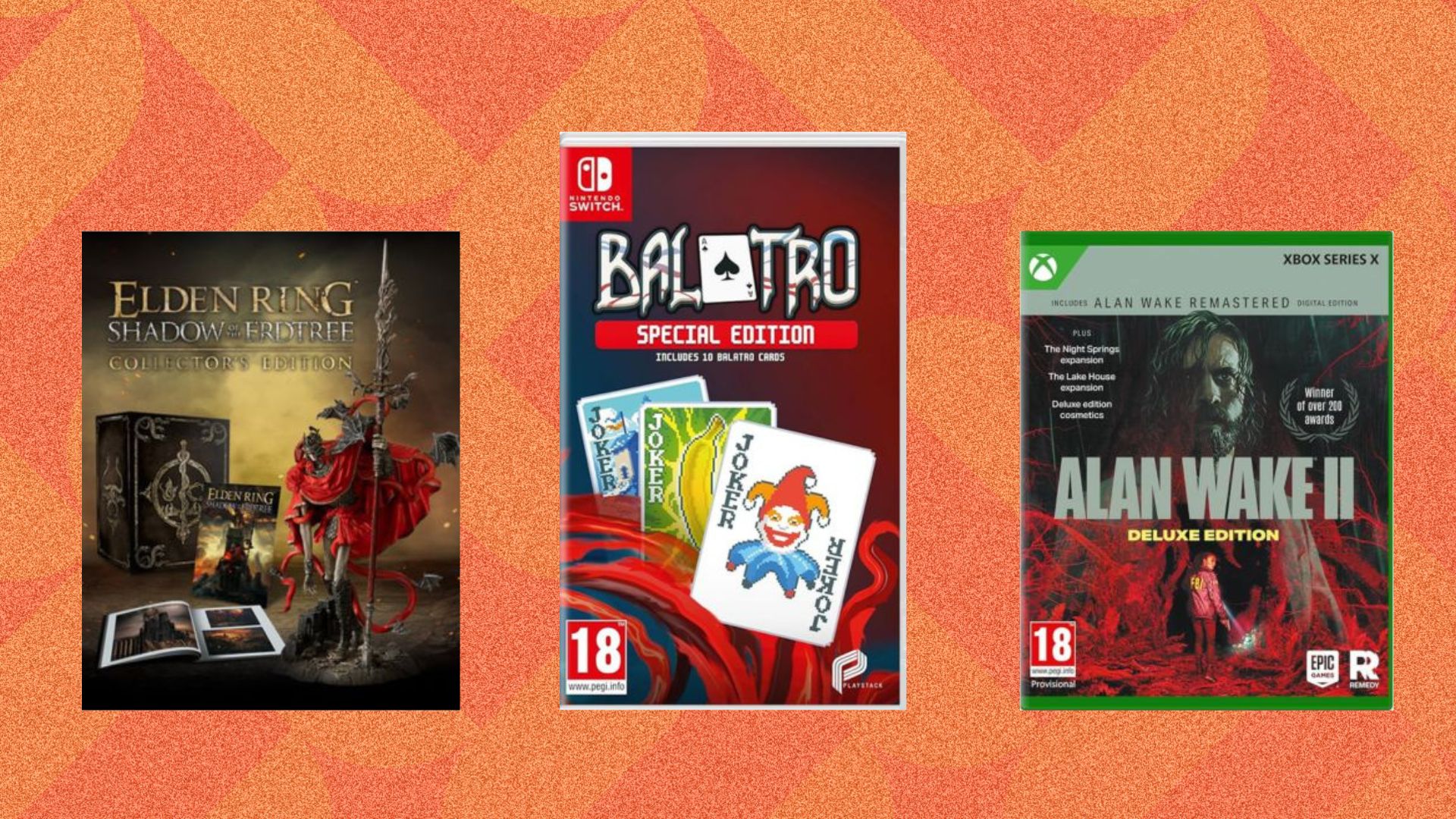
Rami, I learned today that you have an identical twin. How do I know you’re Rami, not Sami?
I’m being interviewed and he’s not.
Or so you’d have us believe…
You’ll catch him in a classroom at this very moment. He’s an English teacher.
It must have been great fun to play Freddie Mercury in Bohemian Rhapsody. What was your favourite Queen track to belt out?
I really enjoyed the physical movement in Hammer To Fall on the Live Aid stage. I didn’t know the song. I had a feeling doing it, when we performed the entire thing, that this is when the adrenaline really kicked in for Freddie. It was a feeling of euphoria, getting to sing a powerful song that is layered with so much subtext.
How did the singing work? There seemed to be moments when it was really you.
Get exclusive shortlists, celebrity interviews and the best deals on the products you care about, straight to your inbox.
Yeah, there are pieces of me; there are pieces of [singer] Marc Martel. Obviously the majority is Freddie Mercury. It’s still a work in progress. I don’t even know what the finished product will be, but it’s my hope that we have as much Freddie as humanly possible. His is, to me, one of the most beautiful voices that’s ever existed.
And you got to wear a number of fantastic outfits. What were some of your favourites?
The white outfit [I’m wearing] when [Brian May] calls me an angry lizard – that’s Jimi Hendrix’s jacket. And Freddie was a huge Hendrix fan. In the Fat Bottomed Girls montage there’s a full white satin outfit. I guess I’m a fan of white satin.
Was it nice, getting to dress up? It feels as though part of the appeal of playing a character like Freddie is embracing the ostentation.
I don’t think [the producers] had seen an actor who was so happy to do costume. I would be giddy in wardrobe. I had about 100 hours of fittings.

“The #MeToo movement has been one of the most unique and special times that the industry has seen. Not just the industry – the world.”
One of Freddie’s then-girlfriend Mary’s lines is very touching: that it shouldn’t matter that he’s picked out an outfit that’s supposed to be a woman’s. Do you think people such as Freddie and David Bowie were powerful symbols for people who wanted to explore that aspect of themselves?
They were trailblazers, the both of them. I think it’s a staunch refusal to be labelled, categorised, put in a box. I don’t think it was necessarily meant to open the door for anyone down the line, but the example that they set was one of being free to do exactly what you want and be exactly who you want to be. I think that’s such a massive part of the legacy of Freddie Mercury: a very conflicted young man struggling for identity at a very complicated time in a very complicated way.
You’ve spoken in the past about being typecast because of your ethnicity. Has the industry improved since then, not just for yourself but for others?
Oh, very much so. There’s no doubt that it has improved. The diversity movement in Hollywood has been something that I’m very respectful of. I think we’ve come a long way, but there’s still so much further to go. The #MeToo movement has been one of the most unique and special times that the industry has seen. And not just the industry – the world. We have to continue in this direction on all those levels because there are doors that are still not open for people.
Do you think that straight people owe a duty of care when telling stories like Freddie Mercury’s?
Very much so. There’s not only a duty but also an obligation to get the perspective of anyone who associates or identifies themselves in a certain way. If someone’s not taking that into consideration from the outset, there’s already a problem. In this film I’ve been very cognisant that we’ve shared it with all the communities that feel it reflects their story and have asked for their advice and their feelings on numerous occasions.
And that’s one of the most significant things you can do.
Yeah. It would be nice, obviously, to always see that from the outset. I appreciate that it gets done with films [towards the end of the production process], but I think certain stories should be shared or developed by people who identify that way in the first place – and not just sexually, of course. In every aspect of culture and society.
Bohemian Rhapsody is at cinemas from 24 October
Most popular
- Was 'The Inbetweeners' ever truly acceptable?
- 7 questions the second season of 'Making a Murderer' needs to answer
- The UK train stations to avoid if you want to get anywhere on time
- We've got 12 years to save ourselves from certain climate change death - so why won't we do anything?
Want more great reads?
Get exclusive shortlists, celebrity interviews and the best deals on the products you care about, straight to your inbox.


